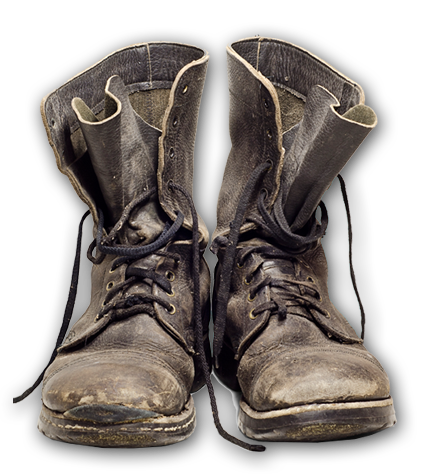SEO. The quicker fixer upper – NOT!
April 05, 2009
Still a relatively new concept for many companies, SEO or Search Engine Optimization can seem like a magic pill. While it doesn’t happen overnight, in time, your newly SEO-ed site begins to rise in the rankings. You may notice you have more visitors, and maybe you start to see an increase in conversions or sales. These shifts must mean your SEO is working. Now that that’s done, you can relax, right?
Wrong.
As I tell all of my clients, SEO is not a quick fix, but an ongoing effort. While it may appear to work initially, this could be but a blip in the radar. If you look away, your SEO efforts fizzle. And then you’re back at square one. Here’s why:
If your site wasn’t designed with SEO in mind in the first place, your SEO efforts are more of a band-aid. Perhaps you’ve had some new title and meta tags created and added some keyphrases in strategic places. But this will only take you so far.
A solid SEO strategy goes deeper into restructuring the architecture of the site, coding it in such a way that it is easy for the engines to read and follow, writing pages that specifically target highly researched keyphrases, using keyword-rich hyperlinks that lay down a scent and lead visitors logically from page to page, and much more.
If your site doesn’t have fresh, changing content, both the engines and your visitors eventually lose interest. Your site needs to be dynamic, with lots of juicy stuff for visitors to consume. As the engines see it, if your site is static, then it won’t be valuable for searchers. That means it eventually drops down on the results pages.
If your site isn’t popular with other sites, it won’t be popular with the engines. An oft-ignored SEO tactic is link building. The more links you have coming into your site, the more popular it is perceived to be to the engines. To get links, you need to engage in tactics such as online press releases and articles, plus social media channels like blogging and Twitter.
If your site isn’t engaging your visitors, they won’t stick around. The real reason you want to optimize your site is not to get better rankings and more traffic, but to get more qualified traffic coming to your site to buy your product or service.
A well-optimized, well-written and well-planned site will be a rich bed of content for your visitors. Your dynamic site will give your visitors what they want in the form of copy that engages them and offers a solution to their problems, and an active blog and/or articles that keep them informed. Other ideas include a free newsletter, ebook, white paper or report that they can download and refer to, a contest, a coupon or a free product sample.
If your website is offering what visitors are looking for, they stay awhile. Your bounce rate (the rate at which visitors leave your site) decreases. Your conversion rate increases.
If you’re serious about optimizing your site, don’t apply a band-aid. Your site wasn’t created overnight (I hope not anyway), and your SEO shouldn’t be either.

This is all too true. You have to keep up with your SEO campaigns or you’ll eventually lose out. I’ve had customers who after being no. 1 for months on end decide they don’t need us anymore, so stop their SEO, then their listings drop. They soon come running back, but its so much better to maintain a listing in a certain position than try to catch up.